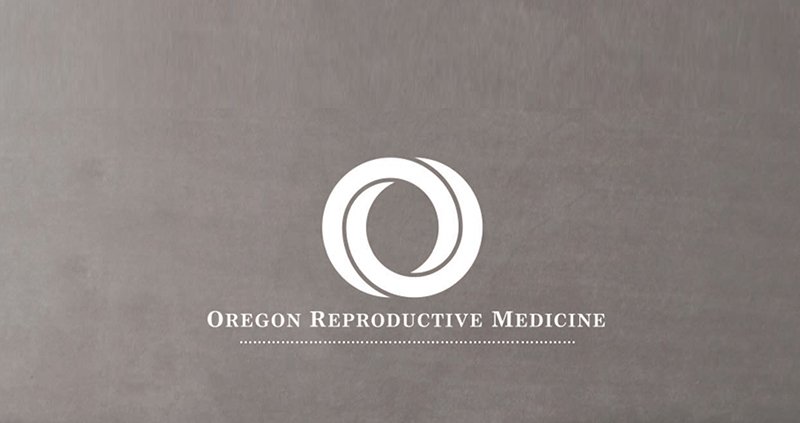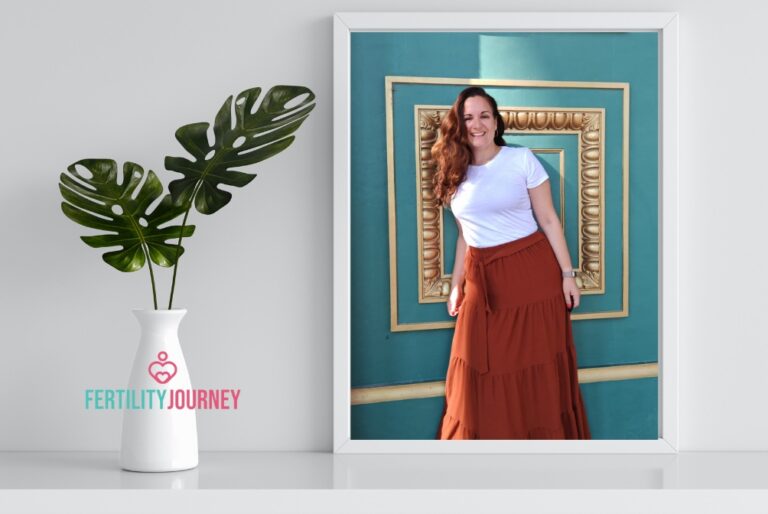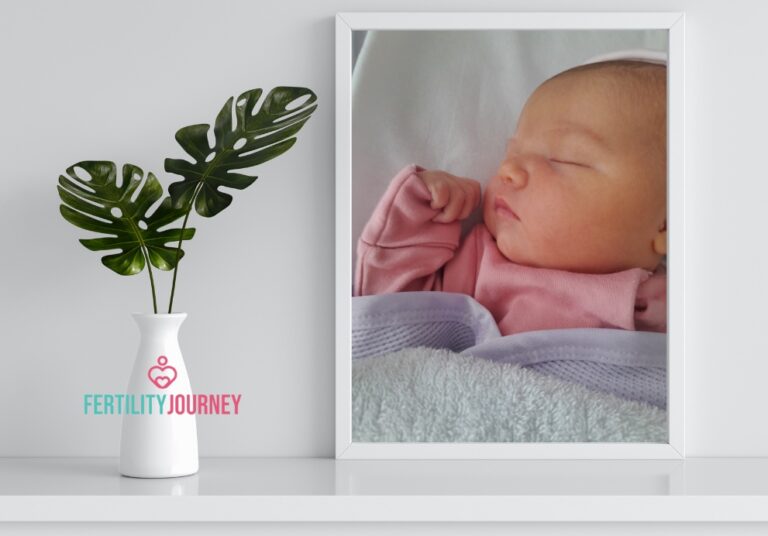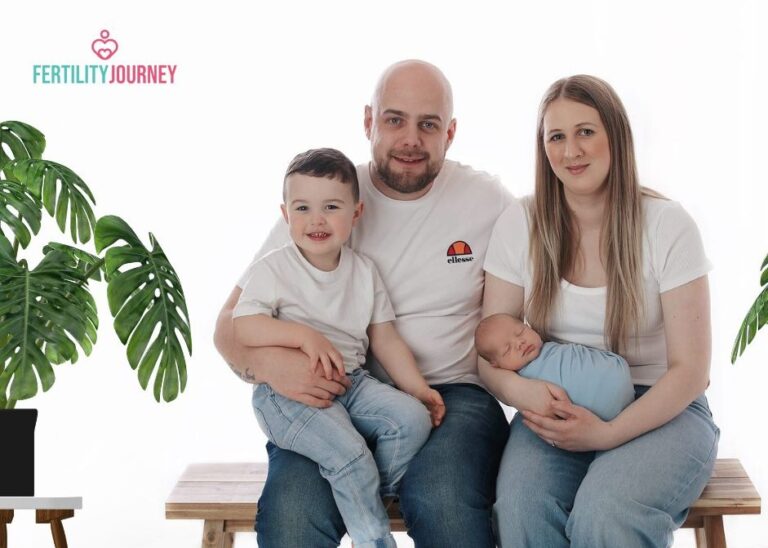Fertility Road is accepting applications until 15 June 2017 for the amazing Fertility Journey – a donor egg IVF cycle with genomic screening – sponsored by Oregon Reproductive Medicine. Learn more about this incredible opportunity and submit your application today.
ORM is including genomic screening as part of its donor egg IVF Fertility Journey. Intended parents may be interested to learn more about the benefits of genomic screening for a donor egg IVF cycle.
This screening will encompass three elements that are available to all ORM patients and which combine the clinical expertise of our genetic counsellors with the latest genomic technologies.
Prior to donor selection, we utilise two different but complementary genetic screening strategies:
Genetic Family History Evaluation and Genetic Disorder Carrier Screening. Each provides essential information about genetic risks that cannot be uncovered by the other. After embryos are created, Comprehensive Chromosome Screening (CCS) using Next Generation Sequencing (NGS) technology can give us valuable information about the health and viability of the embryos.
Genetic Family History Evaluation All ORM donor applicants complete an extensive family history questionnaire. A stringent set of exclusion criteria are applied to exclude applicants with a significant personal or family history of a number of severe health conditions, birth defects, and mental illness.
While everyone has an increased risk for certain health problems based on their family history, ORM strives to reduce the risk for genetic diseases and serious health problems in donor-conceived offspring. Donors who pass the initial exclusion criteria have a consultation with an ORM in-house certified genetic counsellor to review their family history in detail. Our genetic counsellor obtains a complete three-generation family history and asks follow-up questions to clarify diagnoses, ages of onset, environmental contributors, and potential patterns within the family.
Genetic counsellors are expertly trained to assess family histories for the presence of major genetic diseases, which may go unnoticed in a questionnaire because they may have different features and levels of severity within a family. The genetic counsellor also assesses the presence of common health problems with a familial/ genetic component, such as heart disease, cancer, diabetes, and mental illness. ORM has developed our own donor exclusion criteria by following and expanding upon the American Society of Reproductive Medicine recommendations.
Once a donor applicant has been formally accepted to our program, our genetic counsellor completes a comprehensive Genetic Information and Family Tree (GIFT) summary. This assessment helps intended parents interpret the genetic risks present in a donor’s family history, which may be helpful during their donor selection process. This also provides a record of the donor’s family medical history that can be relied-upon in the future if needed.
A review of over 400 donor applicants to ORM found that consultation with one of our genetic counsellors uncovered new family history information for over 50%of applicants. In many cases the additional information was associated with an increased health risk for the donor’s genetic offspring, and these donors were then excluded from the program. It is important to remember that the vast majority of concerns uncovered by a thorough family history are NOT detected by genetic disorder carrier screening. The comprehensive family history review for donors is a unique part of ORM’s program.
Evaluating a donor’s family history is, however, only half of the equation. Since 50% of a child’s genes come from the paternal line, our genetic counsellors also evaluate the family history of the sperm provider just as thoroughly as the donor This process is improved by sperm providers asking family members about their health, ages of onset of any medical conditions, and causes/ages of any deaths.
Genetic Disorder Carrier Screening Our thousands of genes act as instructions to make proteins, which are the building blocks of how the body functions and how certain traits form. We have two copies of every gene, one from each of the egg and sperm.
“Carriers” of a genetic disorder have one copy that is not working correctly. Because the other is working fine, though, carriers are usually healthy and have no signs of the disorder. However, if the egg and sperm provider are each a carrier for the same mutations, there will be a 25%chance that a baby born of that combination will have that disorder. All ORM donor applicants have expanded genetic carrier screening for > 150 recessive conditions using the Counsyl Family Prep Screen. This occurs before they join the program and this screening is significantly more extensive than the standard practice of many clinics and agencies. It also includes a number of X-linked conditions. It is common to be a carrier of recessive genetic diseases – about 60%of individuals who have the Counsyl Family Prep Screen will be found to be a carrier of at least one condition. Most carriers have no family history of a genetic disease and would only have learned that they are a carrier if a child with the disease was born.
In most instances, women who are carriers of recessive conditions are still eligible to be donors. But having the donor’s results available to intended parents from the start allows them to avoid matching with a donor who is later discovered to be a carrier of the same condition as the sperm provider who is also tested causing the match to be cancelled. Advance carrier screening also reduces the chance of matching with a donor who is later determined to be ineligible due to her carrier screening results.
Donor applicants who are carriers of recessive conditions associated with personal health risks to carriers, or of X-linked conditions, are excluded from being ORM donors due to the increased health risks to genetic offspring.
Comprehensive Chromosome Screening
In every IVF cycle embryos are first examined under the microscope in order to select the bestlooking ones. In addition to this visual inspection of the embryos, it is possible to count the number of chromosomes in each embryo. Chromosomes are packages of genes present in every cell of a person. Normally, there are 46 chromosomes (23 pairs) in each cell. Embryos with the correct number of chromosomes have the best potential for implanting and resulting in a successful pregnancy. Abnormalities in chromosome number (extra or missing chromosomes) are the most common cause of failed implantation in IVF cycles and miscarriages.
While chromosome problems are most common in embryos created using the eggs of older women, at ORM we have found that 1 in 3 embryos created from donor eggs (age 21-29) have chromosome abnormalities discovered through CCS. These embryos would not have been able to make a healthy baby. Using CCS to select the best embryos for transfer will in some cases improve the pregnancy rate, decrease the chance of a miscarriage occurring, and reduce the chance that the baby has a chromosomal condition such as Down syndrome. At ORM over 90%of our donor egg IVF patients now choose to do CCS with a frozen embryo transfer. CCS at ORM is performed in our in-house NGS laboratory which is a partnership with CooperGenomics, the global leader in reproductive genetic testing. We look forward to welcoming you to ORM in Portland and to helping you build your family! More information can be found on the ORM Genomics website ormgenomics.com
ORM’S FERTILITY JOURNEY WHAT’S ON OFFER
Every member of the ORM team is truly honoured to work with our patients to help them grow their families. As part of our Fertility Journey, ORM will help a couple or individual in need of assistance to fulfil their dream of building a family by offering a free donor egg IVF cycle with genomic screening at our world-renown clinic.
The selected recipient couple or individual will match with a fully-screened ORM Donor.
ORM’s Fertility Journey will cover the cost of the donor’s screening, treatment, egg retrieval and medications; the selected couple’s or individual’s pre-cycle testing performed at ORM; IVF process; CCS procedure on the embryos; transfer procedures and related medications.
The selected recipient(s) will also benefit from consulting with ORM’s genetic counsellors when matching with an ORM egg donor. Certain costs will be the responsibility of the selected recipient(s). These include egg donor compensation; any legal fees for an egg donor agreement; any donor travel reimbursements; recipient(s)’ travel and accommodation; any precycle testing required on the selected couple not performed at ORM; and local monitoring in the recipient couple or individual’s home location.
ORM’s Fertility Journey is open to couples and individuals of all sexual orientations as well as to those that may need to work with a gestational surrogate.
If you wish to apply to work with ORM, please visit CLICK TO APPLY detailing why you would like to be chosen and outlining where you are on your fertility journey at present, to receive an application and full terms and conditions.
We welcome applicants of all ages, from all backgrounds, and at any point along their fertility journey – names and supporting information will be passed to ORM for selection. Applications will be accepted until 15 June 2017 and may require certain preselection medical testing.



